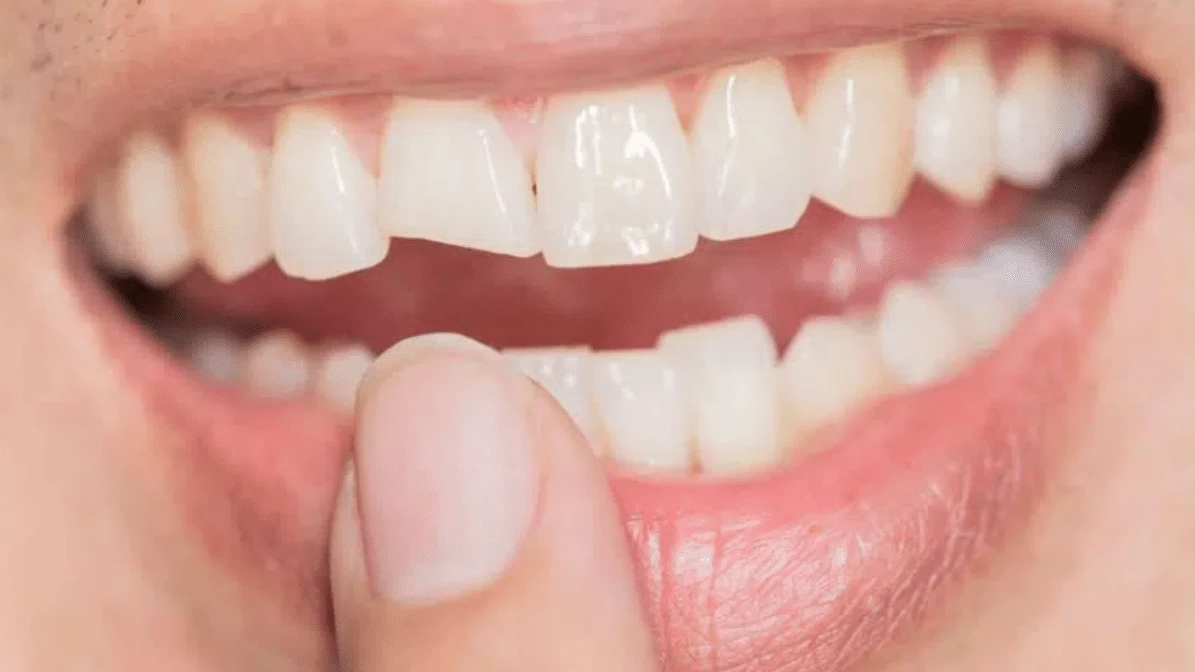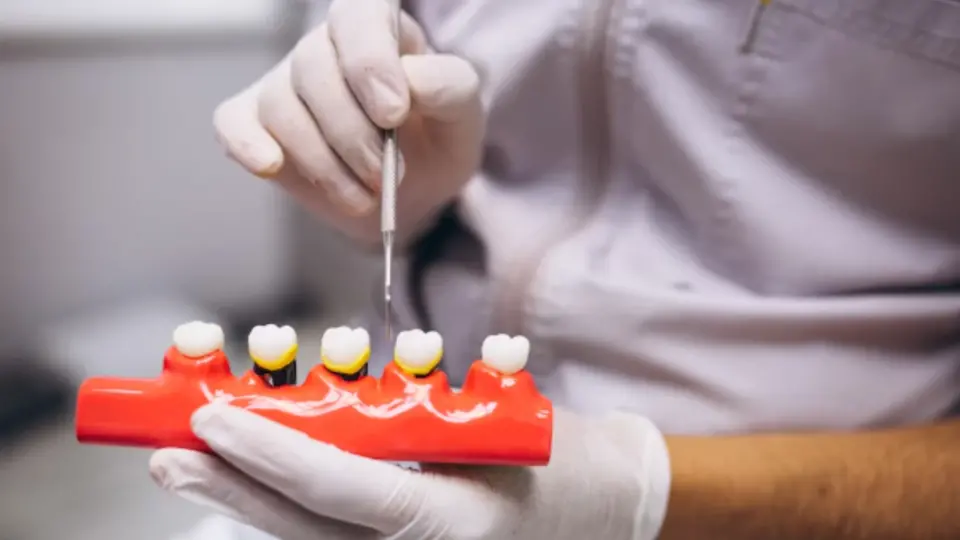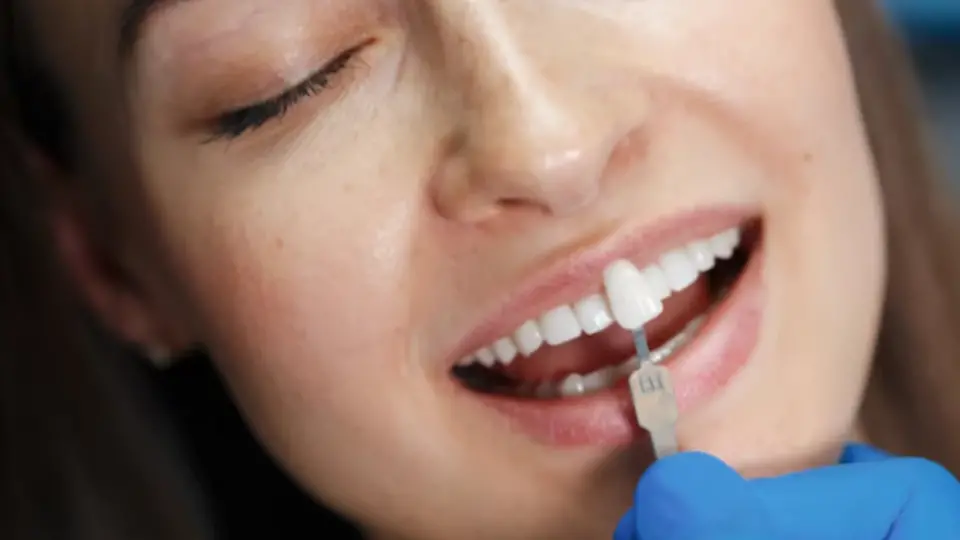How Teeth Crowding Alters Bite Function and the Long-Term Effects on Oral Health

Biting into a sandwich shouldn’t feel like a challenge. But when your teeth are crowded, even everyday things like chewing or speaking can start to feel off. Crowded teeth don’t just shift your smile—they can mess with how your bite lines up.
Over time, that can wear down your teeth unevenly, strain your jaw, and make basic oral care harder than it needs to be. And when brushing and flossing don’t reach every angle, bacteria take the lead, setting the stage for cavities and gum disease. The impact goes far beyond appearance. It’s about long-term function and overall oral health. If bite problems seem minor now, they can snowball into bigger issues down the road—like chronic jaw pain, cracked teeth, or even tooth loss.
Understanding how teeth crowding disrupts the balance of your bite is the first step toward preventing problems that sneak up over time. It’s not just about straightening your smile—it’s about keeping your whole mouth working the way it should.
How do teeth crowding affect the alignment of the bite over time?
Teeth crowding can have a significant impact on the alignment of the bite over time. Here’s how it affects bite function:
- Uneven Pressure Distribution: Crowded teeth cause certain teeth to exert more pressure than others, leading to an uneven bite. Over time, this can result in tooth wear, discomfort, and potential damage to the teeth and jaw.
- Altered Jaw Function: When the teeth are misaligned due to crowding, the jaw may shift to accommodate the irregular bite. This can lead to TMJ (temporomandibular joint) issues, causing pain, headaches, and difficulty opening or closing the mouth.
- Increased Risk of Tooth Shifting: If not corrected, crowded teeth may continue to shift, worsening the misalignment of the bite. This can make the problem progressively harder to treat and may require more intensive orthodontic intervention later.
- Difficulty Cleaning: Crowded teeth are harder to clean, increasing the risk of cavities and gum disease, which can further impact the overall alignment and health of the bite.
Addressing teeth crowding early can prevent these long-term issues and improve bite function.
What are the long-term oral health risks associated with crowded teeth?
Crowded teeth can lead to several long-term oral health risks if left untreated. Here are some of the key risks:
- Increased Risk of Cavities: Crowded teeth create tight spaces that are difficult to clean effectively, allowing plaque and food particles to accumulate. This increases the risk of cavities and tooth decay, particularly in areas that are hard to reach with a toothbrush or floss.
- Gum Disease: Poor oral hygiene caused by crowded teeth can lead to gingivitis or periodontitis, as the gums become inflamed and infected. This can cause gum recession, bone loss, and tooth mobility over time.
- Tooth Wear: Misaligned teeth from crowding can cause uneven chewing pressure, leading to tooth wear and possible chipping or cracking, especially in the molars.
- TMJ Disorders: Crowding can lead to bite misalignment, which can cause jaw pain, headaches, and temporomandibular joint (TMJ) dysfunction as the jaw compensates for the uneven bite.
- Increased Tooth Sensitivity: Crowded teeth may create tooth erosion or sensitivity areas due to improper alignment and pressure.
Addressing crowded teeth early can prevent these long-term oral health risks and preserve overall dental function.
How does crowding of teeth contribute to jaw pain and discomfort?
Crowding of teeth can contribute to jaw pain and discomfort in several ways:
- Uneven Bite Pressure: Crowded teeth create an uneven bite; some teeth bear more pressure than others when chewing. Over time, this uneven pressure can strain the jaw muscles and joints, leading to discomfort or pain, especially in the temporomandibular joint (TMJ).
- Jaw Compensation: When teeth are misaligned, the jaw compensates by shifting or adjusting its position to try to align them. This compensation can lead to tension in the jaw muscles and cause pain, discomfort, or clicking in the jaw.
- TMJ Disorders: Crowding can cause misaligned teeth to affect how the upper and lower teeth fit together, leading to TMJ dysfunction. Symptoms may include pain in the jaw, headaches, neck pain, and difficulty opening or closing the mouth.
- Muscle Strain: When teeth are crowded, the jaw muscles work harder to maintain proper function, which can lead to muscle fatigue, soreness, or tightness in the face and jaw.
Proper orthodontic treatment can help alleviate these issues by realigning the teeth and restoring balance to the bite.
What dental conditions can develop due to untreated teeth crowding?
Untreated teeth crowding can lead to several dental conditions that may worsen over time. Here are some potential issues:
- Tooth Decay: Crowded teeth create tight spaces that are difficult to clean, leading to plaque and food particles buildup. This increases the risk of cavities and tooth decay, particularly in areas that are hard to reach with a toothbrush or floss.
- Gum Disease: Poor oral hygiene due to crowded teeth can lead to gingivitis or periodontitis. The inflammation of gums can cause receding gums, bone loss, and tooth mobility, potentially resulting in tooth loss if left untreated.
- Tooth Wear: Misaligned teeth caused by crowding can lead to uneven wear on the teeth. This can result in chipped or cracked teeth, especially in the molars, leading to further dental problems.
- TMJ Disorders: Crowded teeth can cause an uneven bite, leading to TMJ dysfunction, which can result in jaw pain, headaches, and difficulty chewing.
- Speech Issues: Severe crowding may affect how the teeth and tongue work together, potentially causing speech difficulties, such as lisping or difficulty pronouncing certain sounds.
Treating crowding early can help prevent these long-term dental complications.
Correct Teeth Crowding Today for Better Oral Health!
At Illume Dental of McKinney, we understand how untreated teeth crowding can affect your bite function and lead to long-term oral health issues. Crowded teeth can cause misalignment and discomfort and increase the risk of cavities, gum disease, and TMJ disorders. Our expert team offers effective orthodontic solutions to help correct crowding, improve your bite, and prevent future complications.
Contact us today to schedule a consultation and learn how we can help you achieve a healthier, more functional smile with personalized treatment options. Your oral health is our priority!



